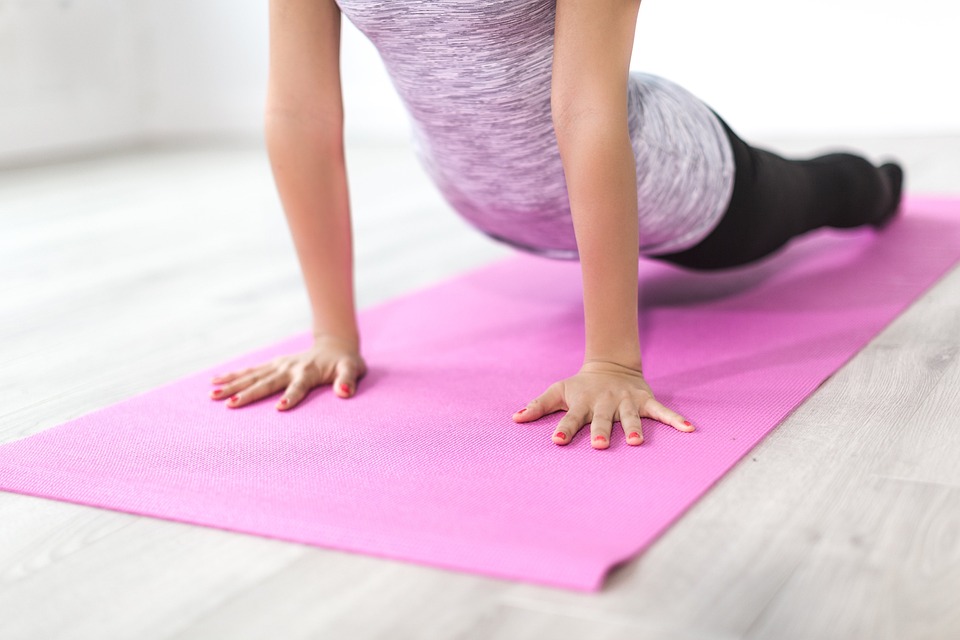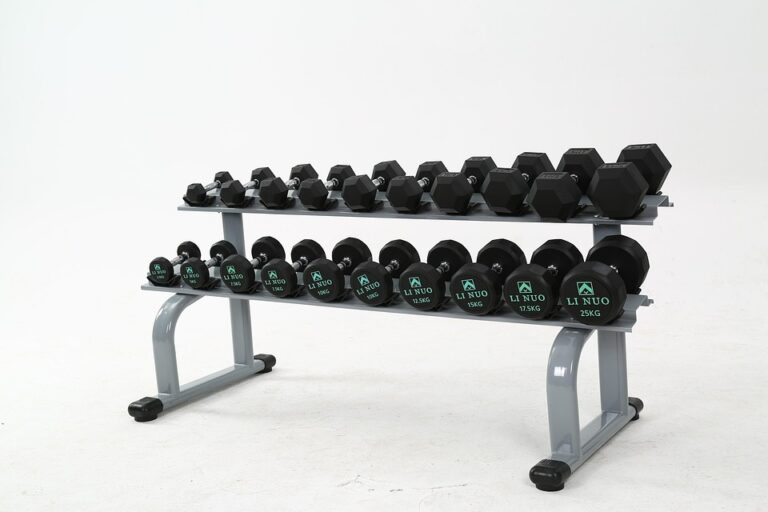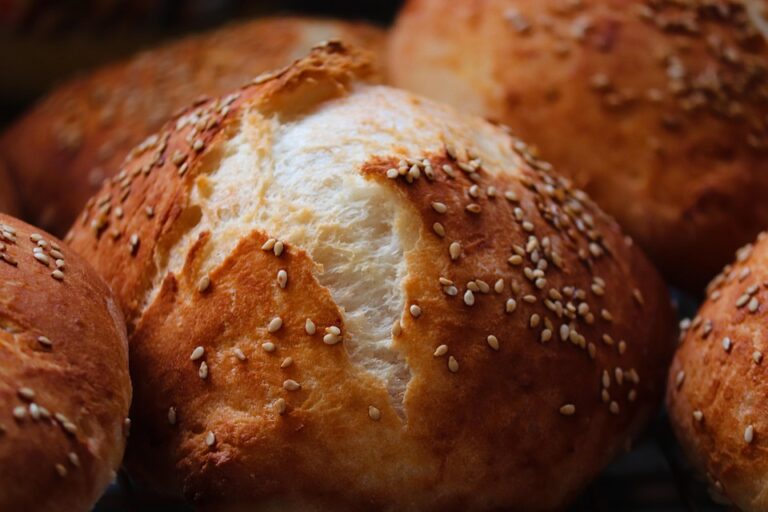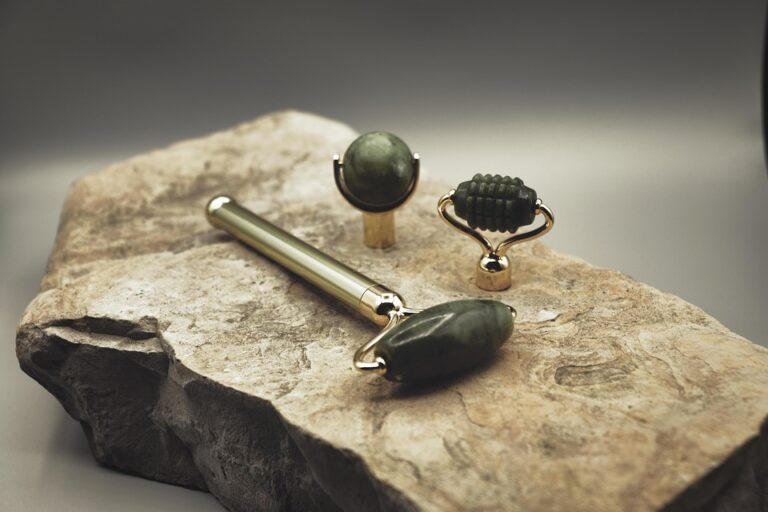
Exploring the Evolution of Yoga Mats: A Comprehensive Guide to Their History, Types, and Benefits
The humble yoga mat has quietly risen from a mere accessory to a cornerstone of the modern yoga practice. Its evolution is intertwined with the journey of yoga itself, a discipline that has traversed continents and centuries. But how did we arrive at today’s sophisticated, eco-conscious mats? And what are the myriad types available to the ever-growing yoga community?
A Historical Tapestry: From Natural Fibres to High-Tech Materials
In its earliest iterations, yoga was practised on bare earth or simple woven mats crafted from natural fibres such as grass and cotton. Historical texts suggest that practitioners in ancient India would often use animal skins, particularly those of deer, which were believed to provide insulation and a degree of comfort. However, as yoga migrated westward in the 20th century, particularly during the post-war boom, the demand for more practical solutions surged.
The introduction of the first modern yoga mat is often attributed to Angela Farmer, who in the late 1960s began using a rubber mat to enhance her practice. This innovation sparked a wave of creativity, leading to the development of various materials. From PVC to TPE, the evolution of these mats reflects broader trends in consumerism and environmental awareness. As yoga’s popularity skyrocketed, so too did the desire for mats that were not only functional but also aesthetically pleasing and sustainable.
Diverse Choices: Unpacking the Types of Yoga Mats
Navigating the vast array of yoga mats can be overwhelming. Each type caters to particular preferences and practices:
-
PVC Mats: Known for their durability and affordability, PVC mats are ubiquitous in gyms and studios. However, their environmental impact has led many yogis to seek alternatives.
-
Natural Rubber Mats: These mats offer excellent grip and cushioning. They are biodegradable, making them a more eco-friendly option, but may have a distinct smell that some practitioners find off-putting.
-
TPE Mats: A newer entrant in the market, TPE (Thermoplastic Elastomer) mats are lightweight and recyclable. They strike a balance between performance and eco-friendliness, appealing to the environmentally-conscious yogi.
-
Cotton and Jute Mats: For those who prefer a more traditional feel, cotton and jute mats provide a natural tactile experience. They’re breathable and often handwoven, adding an artisanal touch to one’s practice.
-
Travel Mats: Lightweight and portable, travel mats are designed for yogis on the go. They usually sacrifice some cushioning for convenience, but many still offer decent grip.
Each type of mat carries its own advantages and drawbacks, prompting the question: what is the best mat for you? Personal preference, practice style, and ethical considerations all play a significant role in this decision-making process.
The Benefits: More Than Just Comfort
The benefits of a good yoga mat extend beyond mere comfort. A quality mat provides stability, allowing practitioners to explore deeper postures safely. The right mat can enhance alignment, support balance, and even prevent injuries. Furthermore, the psychological aspect of having a dedicated space for practice cannot be understated. It cultivates a sense of ritual, encouraging mindfulness and focus.
Research has shown that the tactile connection between a practitioner and their mat can significantly influence the overall experience of yoga. The mat becomes a personal sanctuary, a space where one can disconnect from the outside world and reconnect with themselves. This aspect of yoga practice is often overlooked but is essential for many practitioners seeking a holistic approach to wellbeing.
Looking Ahead: The Future of Yoga Mats
As we gaze into the future, the evolution of yoga mats seems poised for further innovation. With advancements in material science and a growing emphasis on sustainability, we can expect to see even more eco-friendly options that do not compromise on performance. The rise of smart mats with integrated technology to track performance and enhance practice is also on the horizon.
In a world that increasingly values mindfulness and self-care, the yoga mat continues to play a pivotal role in the journey of countless individuals. It’s fascinating to ponder how this simple accessory will adapt to the needs of future yogis.
The journey of the yoga mat reflects broader societal changes and personal evolution. From its historical roots to its modern incarnations, the mat is more than just a practice tool; it is a companion on the voyage of self-discovery and balance.
As you explore the multifaceted world of yoga, remember that BargainsTrust continually brings you carefully curated selections of quality products, ensuring you find just the right mat to accompany you on your personal journey.







